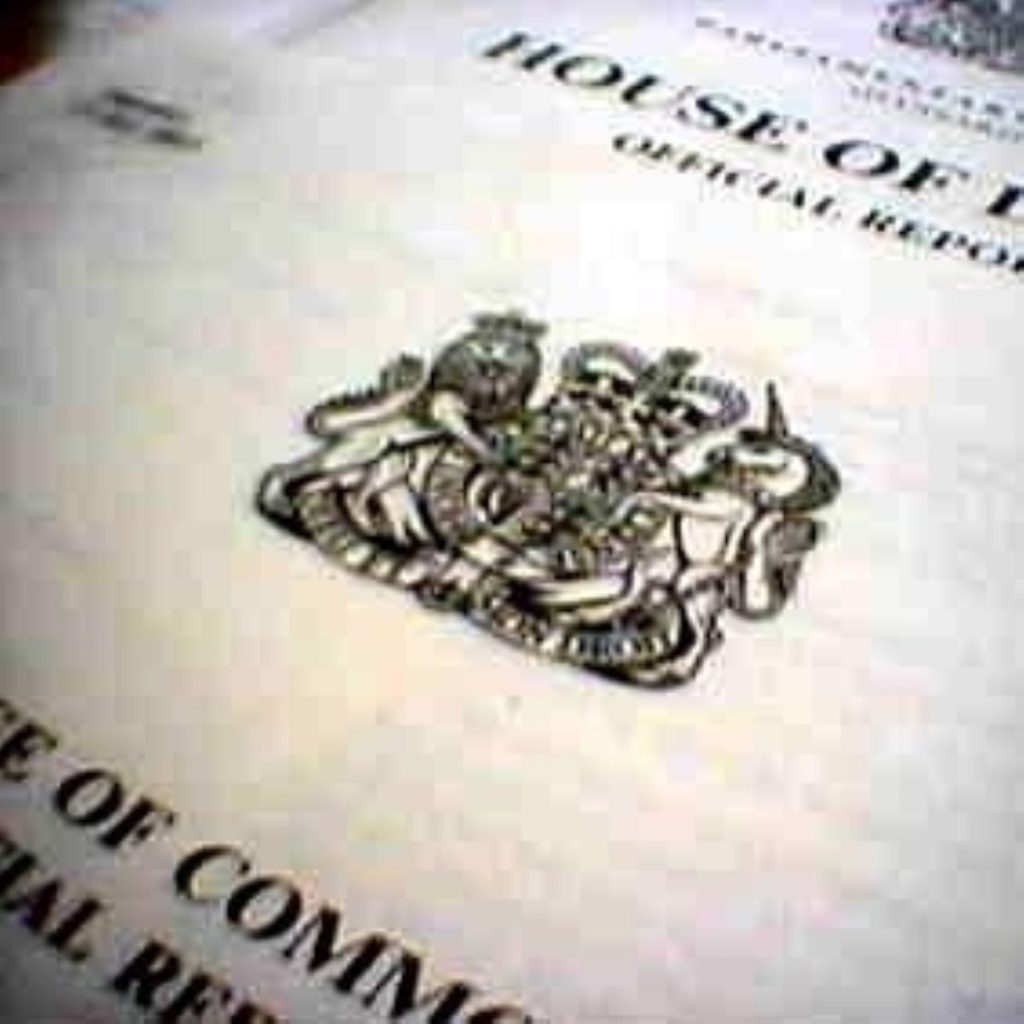Revealed: Govt smuggles data protection reform into bill
By Ian Dunt
The government is being accused of smuggling a clause into today’s coroners and justice bill which will effectively overwrite Britain’s data protection laws.
Clause 152 of the bill, which has garnered little media attention due to the headline issues which surround it, grants any government minister the power to enforce the sharing of any information to anyone they please.
“It’s a Henry VIII clause,” No2ID general secretary told politics.co.uk.


“They’ve simply create a new piece of legislation which can alter any act of parliament and enable any piece of information to be passed from any person to any other person.”
Under the new law, a minister would be able to write an information sharing order which would enforce the sharing of data. The order would be laid before parliament and produced by affirmative resolution procedure.
This form of statutory legislation only allows MPs to vote for or against an order, but not debate them, amend them or alter them. The votes are very poorly attended and the orders very rarely rejected.
One irony is that, because the orders would be made under data protection legislation, an untrained eye would presume the order protected data, rather than transfer it.
Privacy campaigners are extremely concerned about the move, and point in particular to the danger of it being combined with the plans to keep a database of all phone calls, text and emails sent or received by UK citizens. That data would also be open to an information sharing order, potentially to private companies or foreign intelligence agencies.
Mr Herbert added: “No-one trusts the government over privacy. And this is evidence you shouldn’t.
“We were promised after the HMRC data-loss disaster they wouldn’t do it again. But they are snooping addicts – who have now started lying about their habit.”
Today’s coroners and justice bill contains several highly controversial clauses, including private coroners inquests, an end to the sexual jealousy defence in murder trials and witness anonymity proposals.









